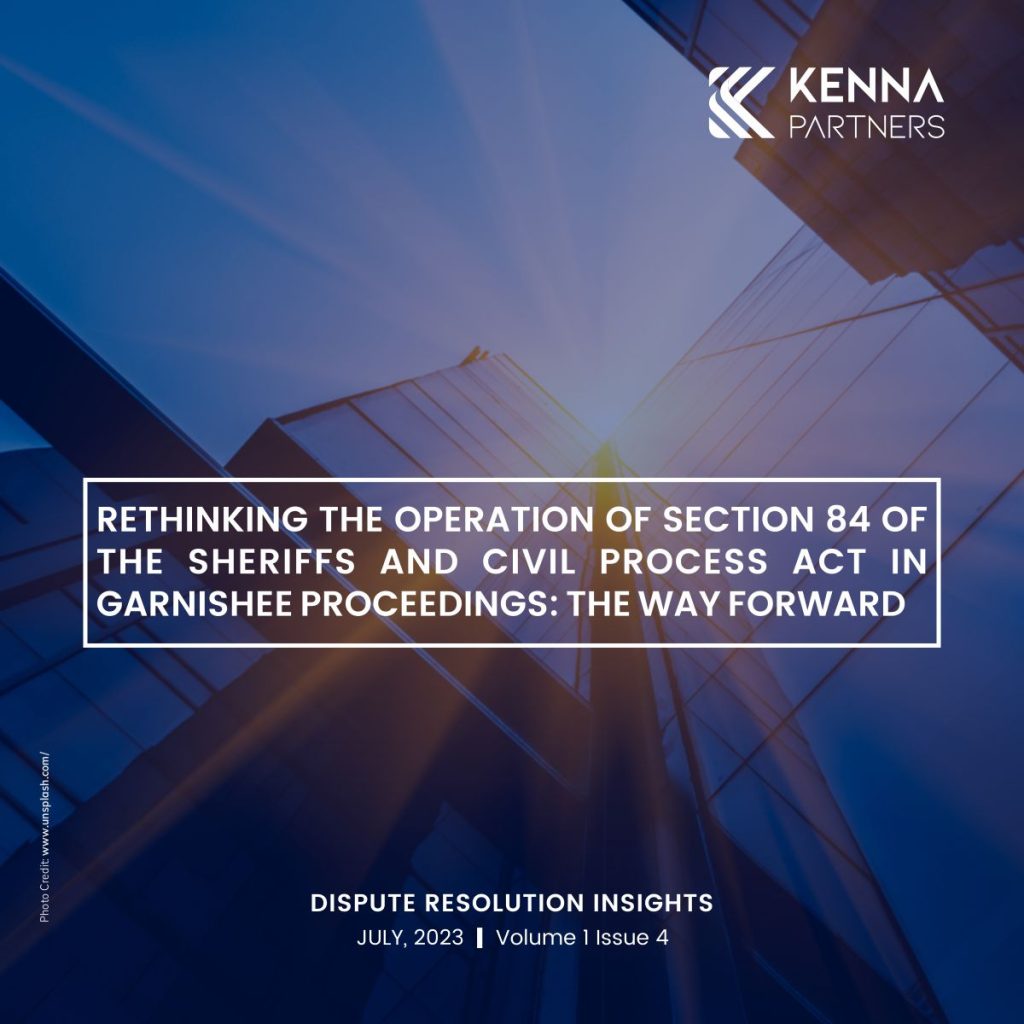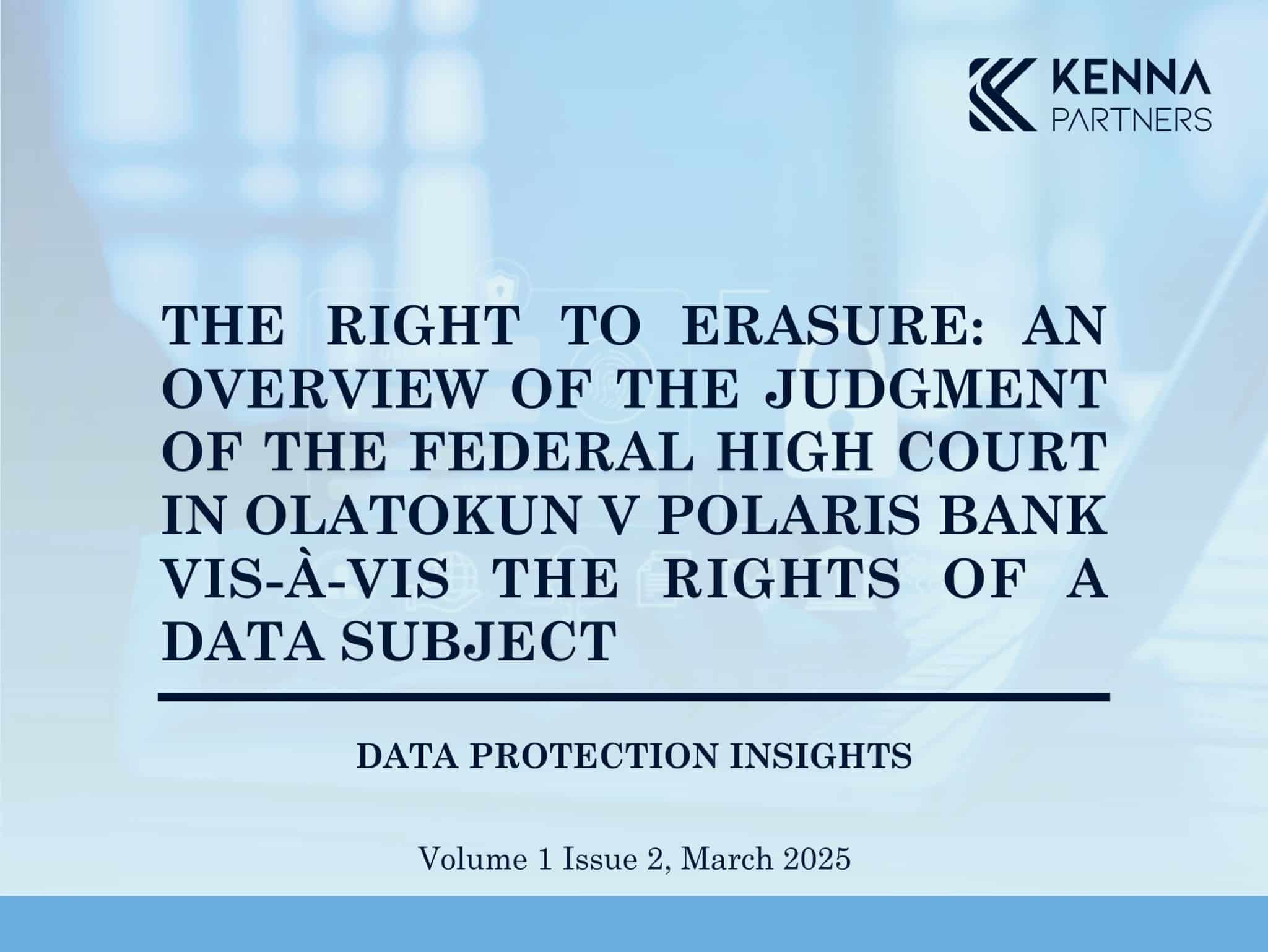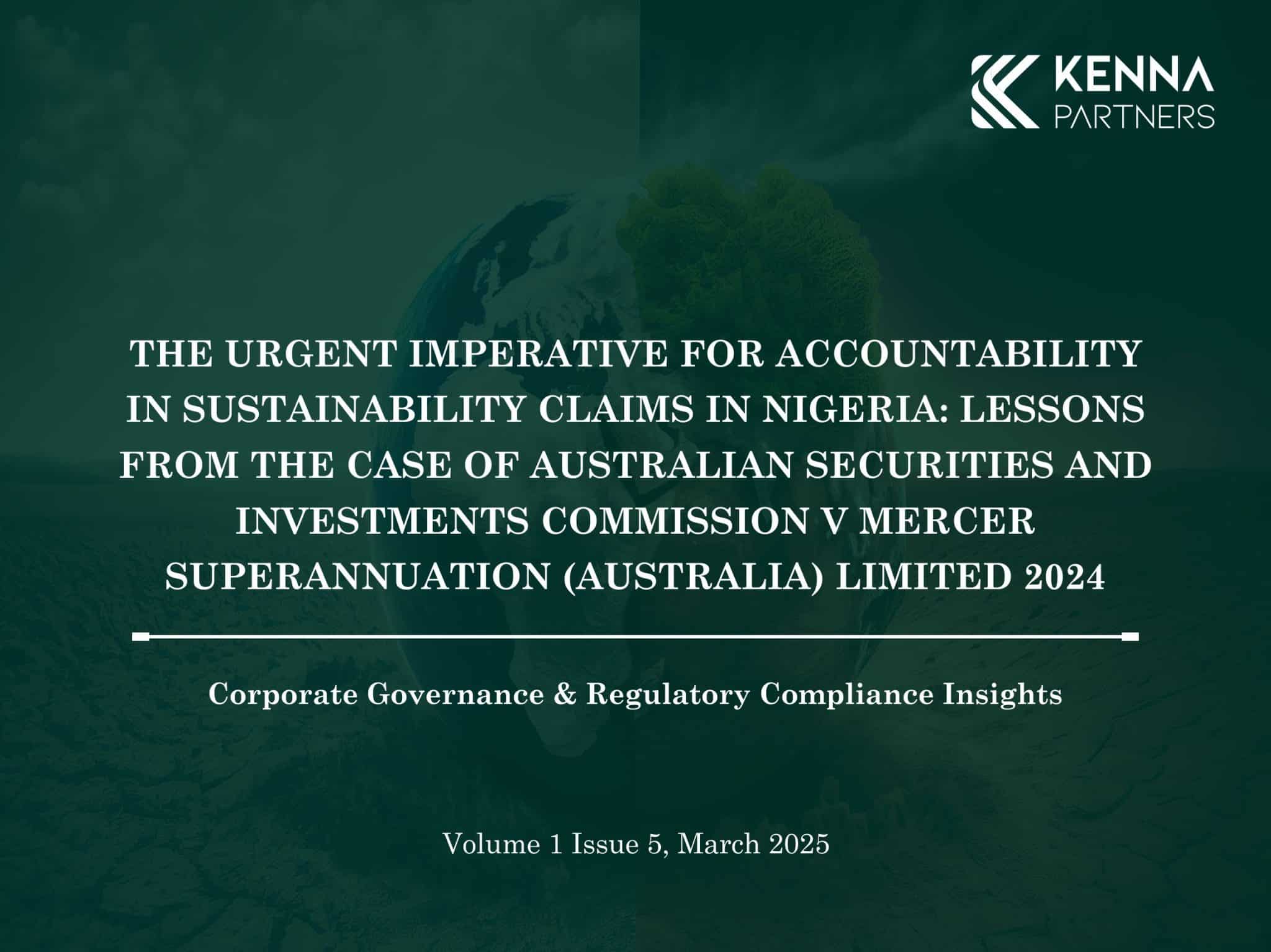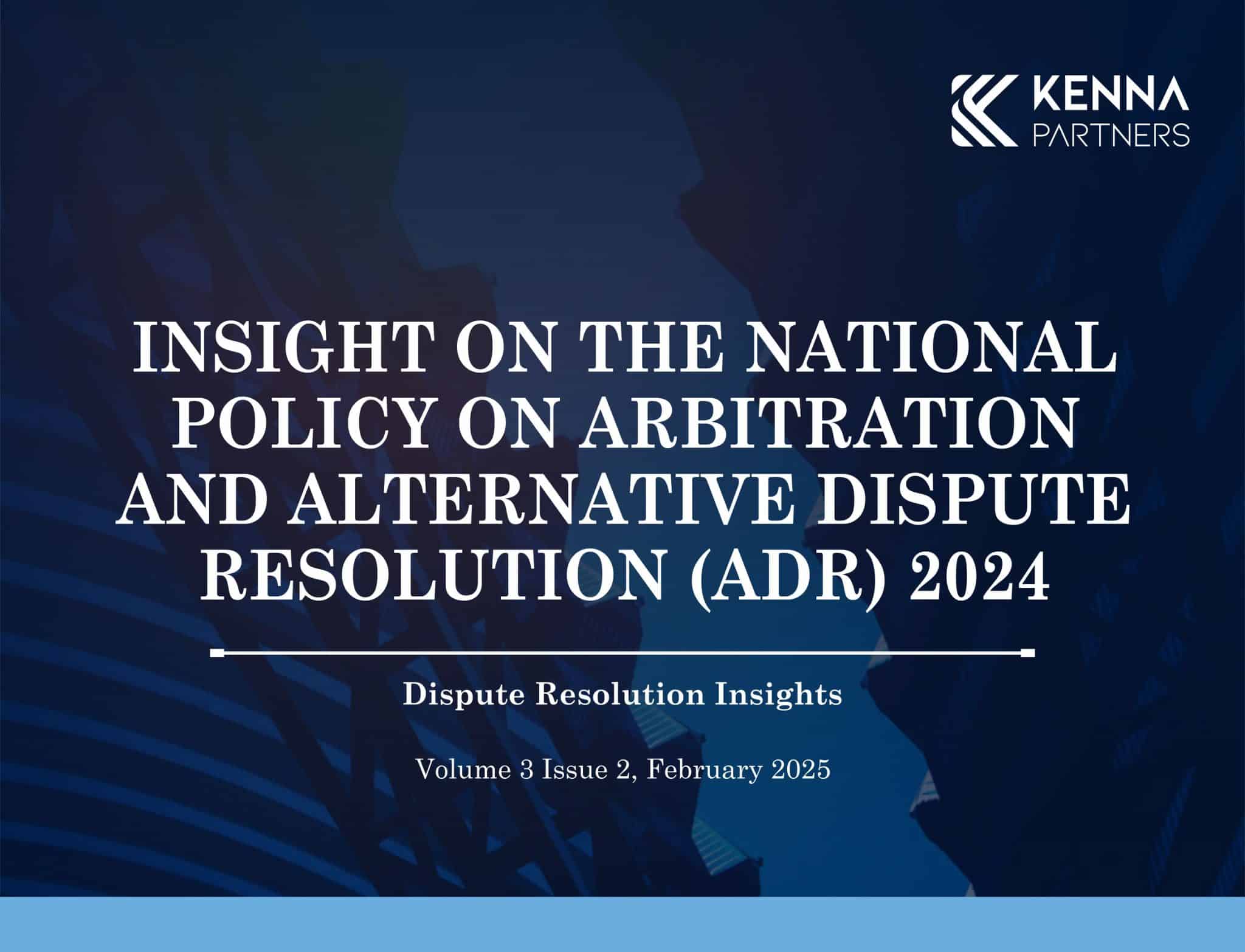Rethinking The Operation of Section 84 of The Sheriffs And Civil Process Act In Garnishee Proceedings: The Way Forward

Table of Contents
- Loading table of contents...
The method of enforcing a money judgment delivered in favour of a party varies and the choice of an enforcement method is often a function of various strategic considerations. However, the underlying principle that the Court considers in all judgment enforcement proceedings is the need for a Judgment Creditor to enjoy the fruits of the judgment and not to be denied of same unjustly.
One of the means by which money judgment of a Court can be enforced is through Garnishee Proceedings. Enforcement of Monetary Judgment vide Garnishee Proceedings has however become a herculean challenging task. One of the challenges is with respect to the need to obtain the consent of the Attorney General before funds in the custody of a public officer can be tampered with to avoid embarrassment. This arises from Section 84 of the Sheriffs and Civil Process Act, 2004 (‘SCPA’) which deals with the requirement of consent of the Attorney General of the Federation or the State (as the case may be) before commencing garnishee proceedings wherein funds in the custody of a public officer are sought to be attached.
Notably, there have been challenges in the operation and applicability of Section 84 of the SCPA particularly as it relates to the meaning of a “public officer” within the context of the section. The definition of a public officer has been a subject of several conflicting decisions of Courts of first instance, the Court of Appeal and even the Supreme Court, with looming questions on the actual intention of the lawmakers in requiring the consent of the appropriate officer to be sought and obtained before funds in the custody of a public officer can be attached in a garnishee proceeding, left unanswered.
Amidst all these uncertainties, the rationale of section 84 of the SCPA must be preserved while addressing the operation and applicability of this section in enforcing monetary judgment where the funds sought to be attached are in the custody of a public officer. This article seeks to review the notable controversies arising from the operation of Section 84 of the SCPA, examining if the need for a review of this section has become pertinent in the circumstance in charting a way forward to put to rest these growing challenges and controversies, without losing sight of the rationale behind Section 84 of the SCPA.






